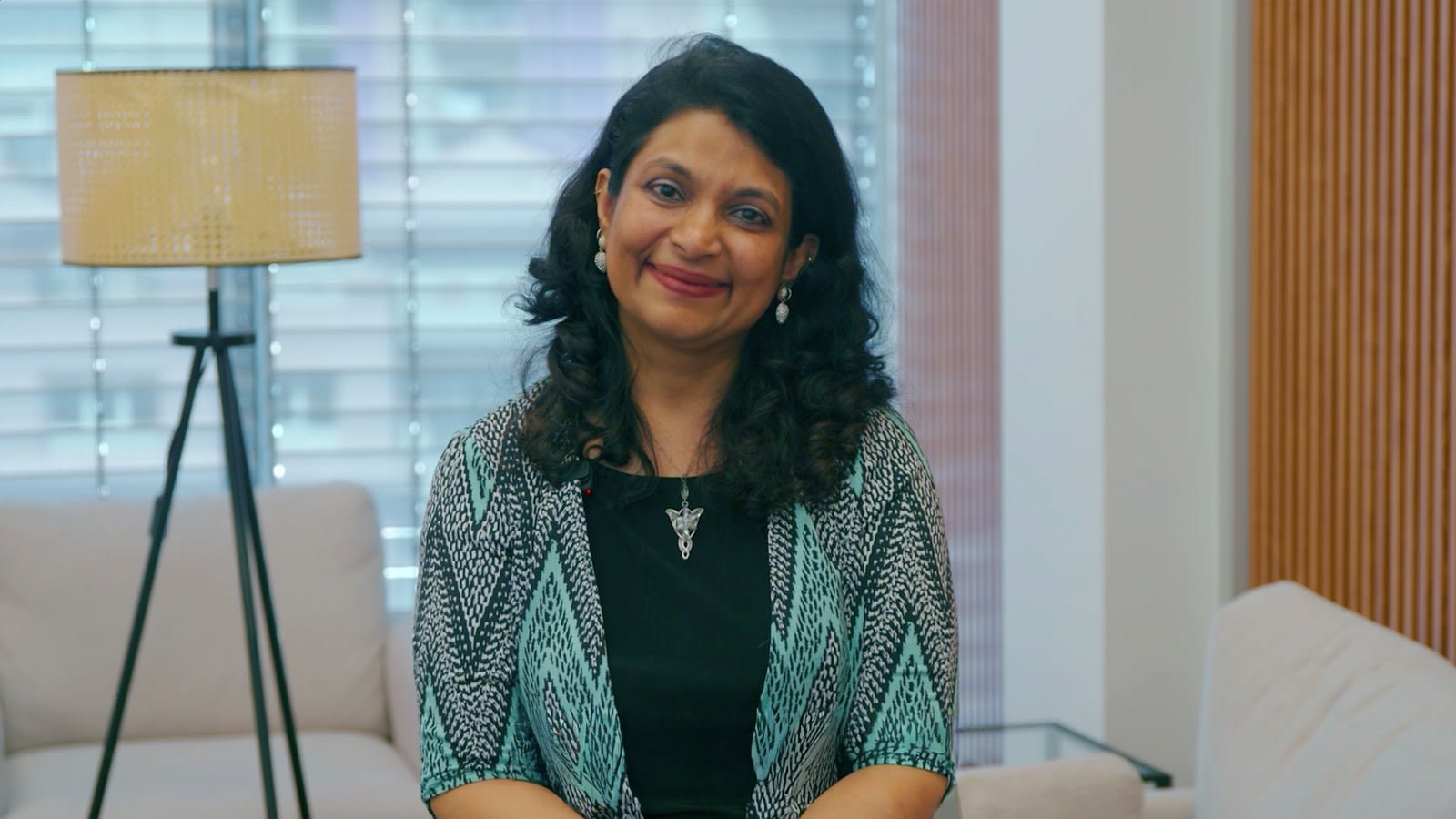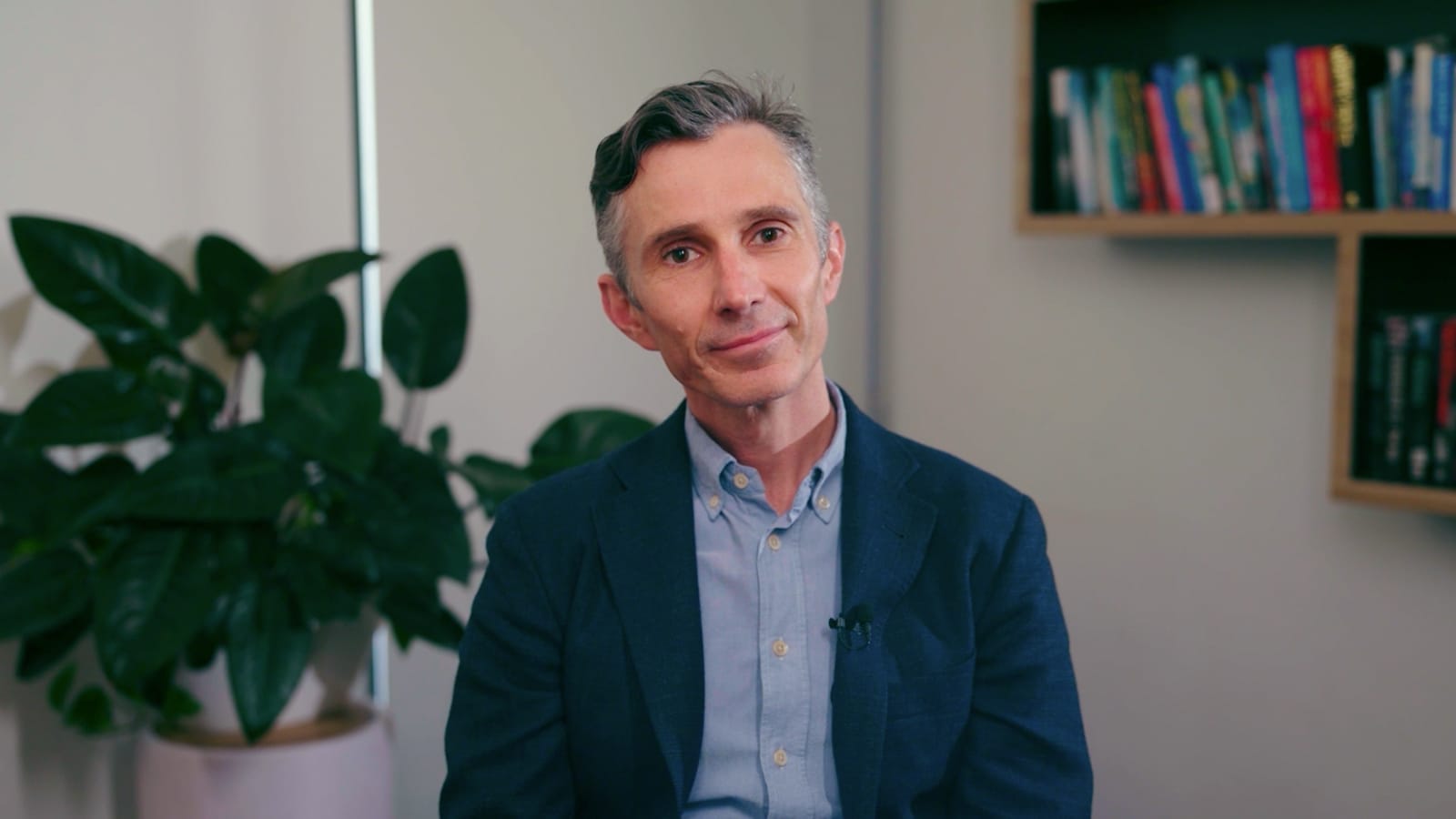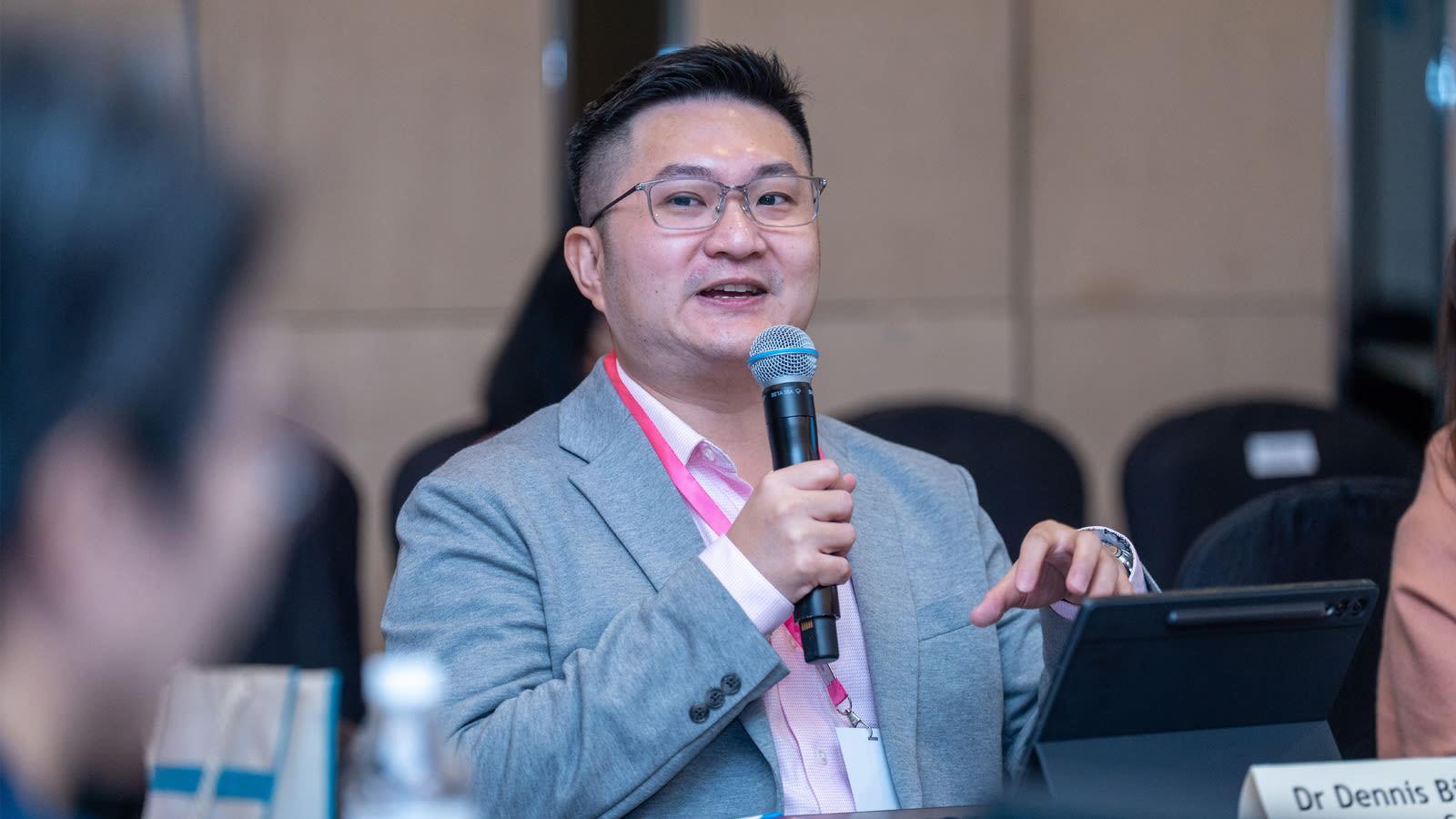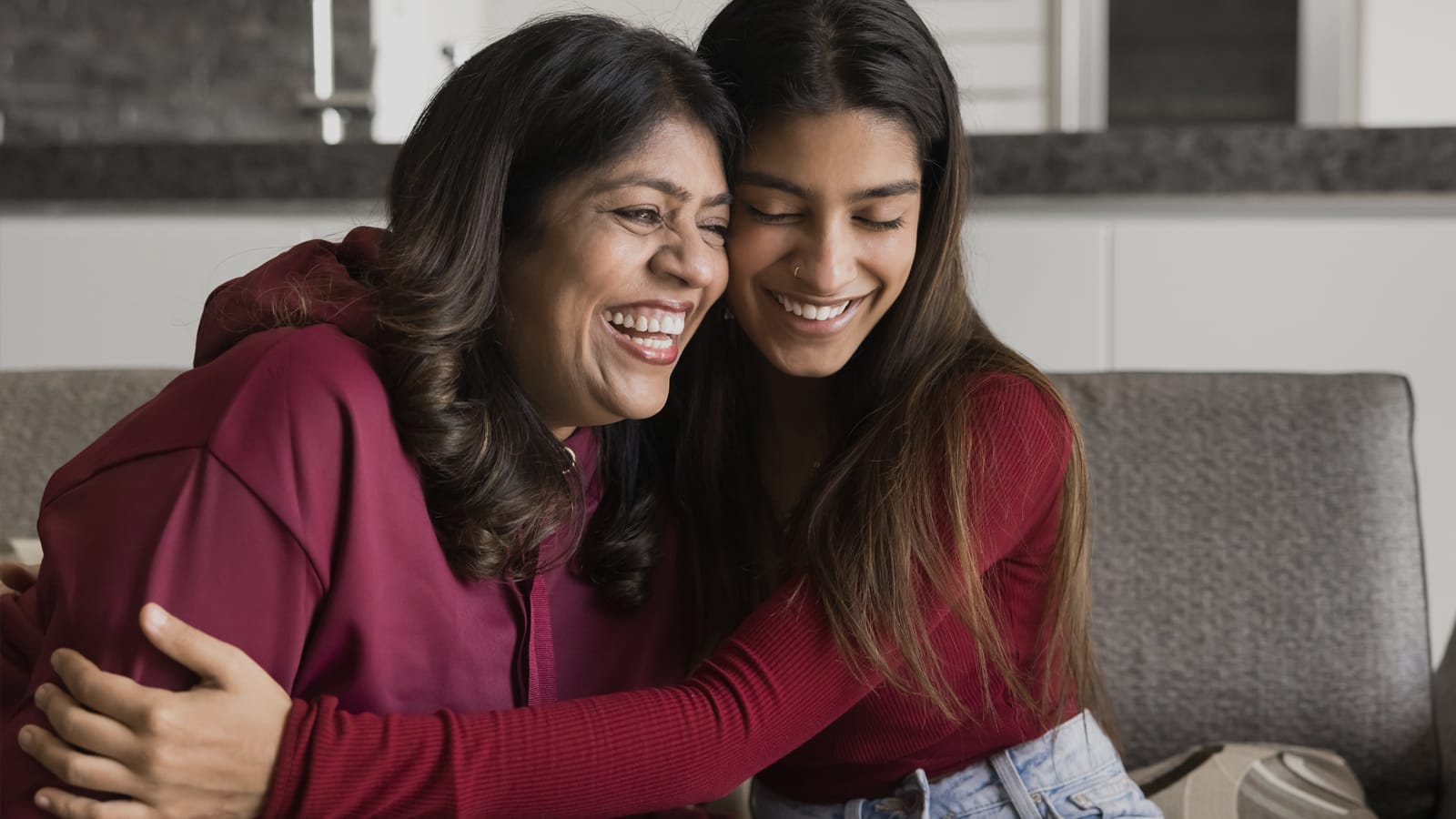The journey to breast cancer recovery does not conclude with the end of treatment. Many survivors live with anxiety about their cancer returning. Such fears can be triggered by something as small as a passing ache.
Their fears are not unfounded. Up to one in six patients experience a recurrence of breast cancer within five years of treatment.
For Ms Bina Mathews, an executive master coach and motivational speaker who survived breast cancer two years ago, quarterly blood tests for cancer markers still bring a sense of dread. “It’s a knee-jerk reaction that’s very visceral and primal, before any logical thought can enter,” she said. “The gut-level response is, ‘I hope I don’t get it again’.”
A regional review of published studies has found that at least two in five breast cancer survivors experience clinically significant fear of recurrence. Commissioned by pharmaceutical company Novartis, the review – titled Targeted Literature Review on Breast Cancer Patients in the Asia-Pacific and Middle East Region – was completed in October. It found rates as high as 90 per cent in India, with younger women and those diagnosed at a later stage most affected overall.

Yet this anxiety often goes unspoken. Many avoid the topic, while cultural norms in parts of Asia and the Middle East discourage such discussions, leaving survivors feeling isolated or disengaged.
To give this unseen group the strength to face their fears and raise awareness of their needs, the FearLess vodcast was launched in the same month. Its first episode, Facing Fear Together: Why We Don’t Talk About It, and Why We Should, featured experts and survivors – including Ms Mathews.
Hosted by Emmy-nominated documentary filmmaker Kara Magsanoc-Alikpala, co-founding president of the Philippine-based breast cancer support group, ICANSERVE Foundation, the episode explored why fear of recurrence matters, how to cope and how open dialogue can help.
The FearLess vodcast brings survivors and experts together for candid conversations on confronting fear and rebuilding life after breast cancer. (Vodcast: Novartis)
IMPACTING HEALTH AND LIVES
Dr Maria Madeline Baylon-Mallillin, psychiatrist and founder of the Psycho-oncology and Supportive Palliative Care Group of the Philippines, noted that fear of recurrence can be severe enough to require treatment. “Patients might have panic attacks before a scan,” she said during the vodcast. “They may have nightmares, feel paralysed or develop depression and stop treatment altogether.”
Some become hyper-vigilant about their health and may undergo repeated consultations or tests to ease their anxiety. Others cope through avoidance, denial, distraction or self-blame.
Associate Professor Ben Smith, Cancer Institute New South Wales fellow and senior implementation scientist at the Daffodil Centre, University of Sydney, who was a guest on the vodcast, said in an email interview that “avoidance can lead to missing important milestones, avoiding future planning and even skipping follow-up appointments or screenings – which are vital for detecting recurrence”. Such behaviour, he added, “increases isolation and can compromise health and quality of life”.
The literature review also indicated unmet needs throughout the region. In a qualitative study from Australia, all survivors surveyed reported social stigma, and 45 per cent lacked updated information on treatment, side effects or recurrence risk. In Taiwan, a study found that 22 per cent of survivors experienced poor physician communication that left them feeling abandoned.

THE POSITIVE POWER OF ACKNOWLEDGEMENT
In October, a group of experts met to discuss the review’s findings and the support needed to address major unmet needs in breast cancer survivorship. Dr Dennis Chia, group director of clinical services at the Singapore Cancer Society, and a participant in the discussion, said that survivors’ experiences are often treated as if they belonged entirely to the past – even though anxiety about recurrence persists.
Both Dr Chia and Dr Baylon-Mallillin noted that even experienced clinicians may struggle to respond to patients’ fears. “It makes you feel helpless as a doctor,” said Dr Baylon-Mallillin.
A structured approach to intervention can help. Assoc Prof Smith co-authored a paper on a stepped-care pathway for managing fear of cancer recurrence*. The model guides healthcare professionals to identify, screen, assess and tailor support, from validation and information to mental health referral.
“The screening step – which asks if patients worry about cancer coming back – is crucial, because many patients hesitate to raise these fears themselves,” he said.


Sources: The Breast journal, JAMA Surgery, SingHealth
FACING UP TO THE FEAR
Fear of recurrence is normal, and sharing it can help survivors and their loved ones cope better, said Assoc Prof Smith. He noted that reassurance alone often falls short. “Support should go beyond hollow reassurance like ‘don’t worry, you’ll be fine’, which can make people feel their concerns aren’t valid,” he said. “Instead, open the door with questions such as: ‘Many people worry about cancer coming back after treatment – is that something you’re concerned about?’”
Silence often worsens anxiety. In many Asian and Middle Eastern cultures, illness or death remain taboo, making it harder for survivors to speak openly and increasing stigma and isolation.
Survivors should address these fears without shame. “Don’t be afraid to talk about it and be open to accepting help,” said Dr Baylon-Mallillin. “These are normal and understandable concerns, and help is available.” She encouraged small-group sharing, noting that survivors open up more easily in pairs or trios.
Dr Chia added that openness takes time and trust. Asians “tend to be more reserved about what we feel”, he said. “The deepest fears need time, rapport and a safe space to be shared.”

He noted that such spaces help survivors discuss sensitive issues like intimacy and family acceptance. “They may question – can I still keep my relationship, my husband, my family, if the cancer recurs? We need to make it conducive and comfortable for people to address the unspoken,” said Dr Chia, adding that support groups at the Singapore Cancer Society remind survivors they are not alone.
For Ms Mathews, reframing thoughts helps. “It’s about choosing to change your response to fear,” she said. “Before a cancer marker test, I now tell myself it’s going to be clear because it always has been.” Sometimes it also means being kind to yourself and giving yourself the space to feel. “I’ve learnt to give myself permission to crash and burn when I need to – to have my little pity party, then pick myself up again,” she said.
Assoc Prof Smith noted that these fears can persist for years after treatment, making ongoing support crucial. “The message should be: It’s okay to have these worries – the goal is not to eliminate them, but to prevent them from taking over daily life,” he said.
Knowledge offers control. He urged survivors to seek guidance from medical professionals rather than online sources, which may not be reliable. “Ask for clarity – uncertainty fuels fear,” he said. “Let your healthcare team know what information you want about recurrence risk and agree on a plan for what to do if symptoms arise. Clear guidance reduces anxiety and gives a sense of control.”
TAKE THE LEAD IN MANAGING FEAR
Breast cancer experts Dr Dennis Chia and Assoc Prof Ben Smith share advice on coping with fear of recurrence:
• Share your fears: Opening up reduces isolation and strengthens support
• Start honest conversations with your doctor: Discuss your concerns, recurrence risks, symptoms and follow-up care
• Join a peer support group: Connecting with others - even by simply listening in online - can help
• Take 10 minutes of “worry time” a day: Also note down your concerns and revisit them later
• Seek professional help: Request counselling or mindfulness sessions
• Have a care plan: Ask about test result timelines, communication methods and points of contact
Managing fear of recurrence should not be a solo effort. The review found that 28 per cent of breast cancer patients wanted more tailored guidance for partners and caregivers, who may worry about the survivor’s health.
Ms Mathews emphasised the value of open communication. “A little bit of negativity or crying isn’t going to stop healing – it can be a release,” she said.
*Smith, A, Girgis, A, Taylor, N et al. “Step-by-step: A clinical pathway for stepped care management of fear of cancer recurrence – results of a three-round online delphi consensus process with Australian health professionals and researchers”, Journal of Cancer Survivorship (2024). https://doi.org/10.1007/s11764-024-01685-1













